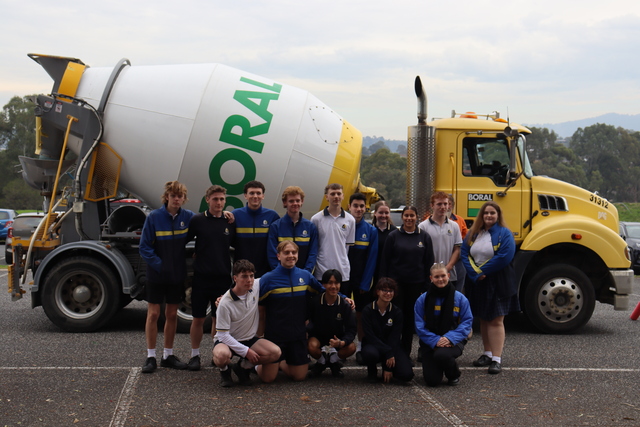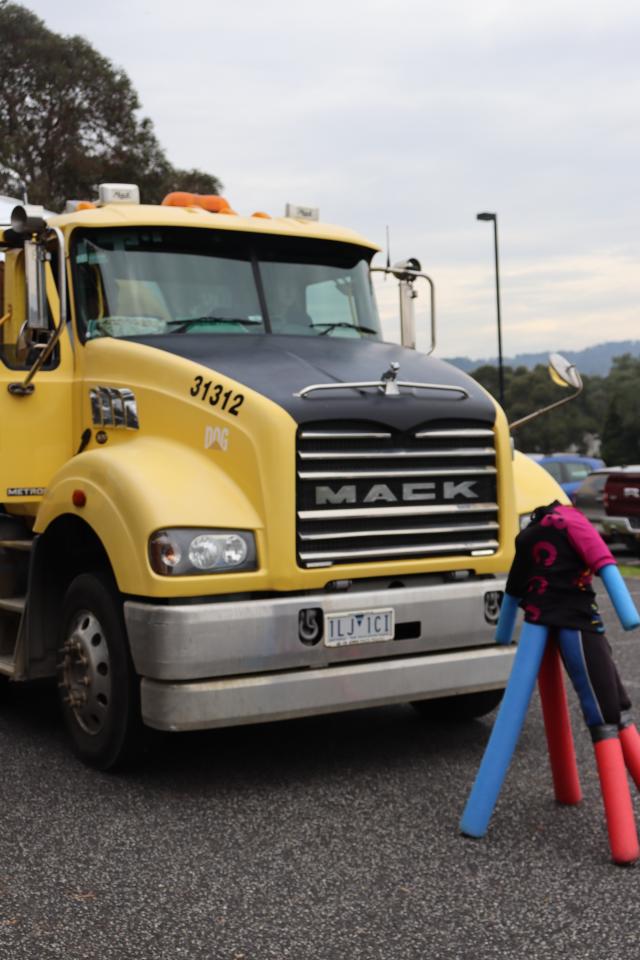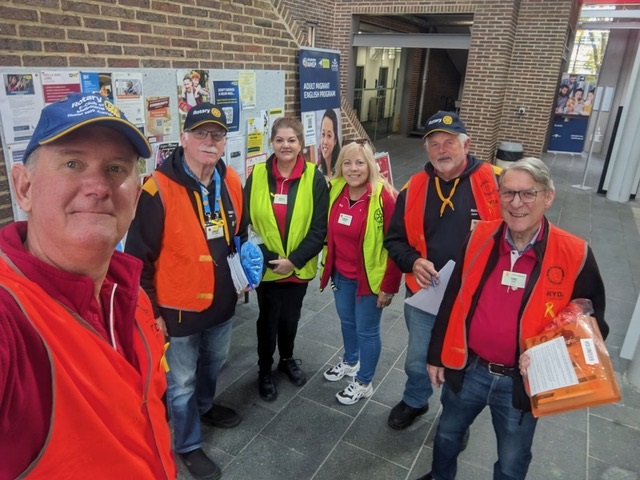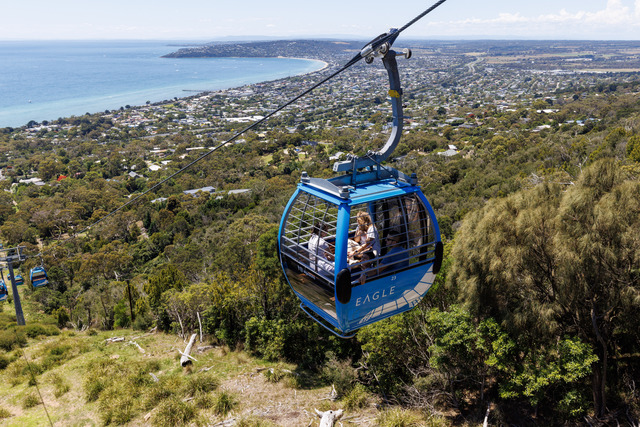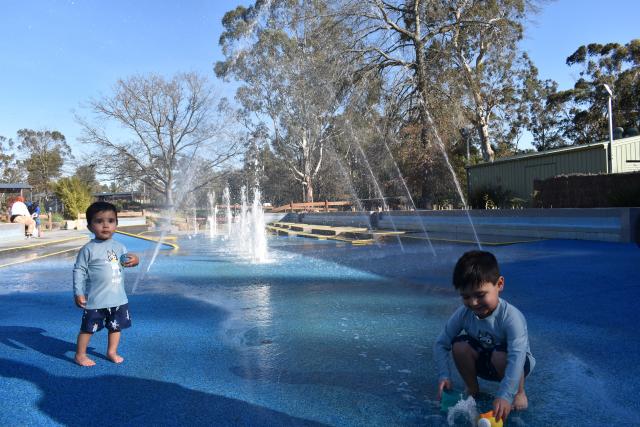Stressing the importance of road safety and driver awareness for senior students preparing to take the leap to drive themselves was the focus of the RYDA program.
Students from Edinburgh College and Lilydale Heights College took part in the Road Safety Education guided sessions on Thursday 9 May.
Being National Road Safety week, extra emphasis was placed on how young drivers can remain safe on the roads, as both a driver and a pedestrian.
Program coordinator Anton Hockey said RYDA doesn’t focus on the practical aspects of driving but rather the necessity of having a good mindset before getting behind the wheel.
“What we look at is trying to cover all the things about how your mind state affects your driving and having a look at some of those key factors, like distraction,” he said.
Mr Hockey said the program looks at everything from the type of car being driven to the weather conditions in the lead up to a crash, with one session in particular inviting students to investigate the circumstances of a crash.
“We have a lived experience presenter who tells a little bit of his story and then students will investigate that story to really think about that a crash is not the result of one factor but a result of lots of different factors,” he said.
RYDA started as a Rotary project in New South Wales after a series of deaths of young people on the roads.
“It was too big for a volunteer organisation to keep on top of so Road Safety Education was born and we’ve kept the name RYDA to honour the past and to acknowledge the history, as well as that ongoing relationship with Rotary,” Mr Hockey said.
Still to this day Rotary clubs across the country are a major supporter of the program, offering volunteers to help run the day, as well as providing financial aid to allow schools to attend.
The Rotary Club of Lilydale did just that to enable the students from Lilydale to attend on Thursday, subsidising the cost per student.
Mr Hockey said with young people still over represented in road deaths and serious injuries, education around road safety is essential in bringing that toll down.
“It’s about making sure every young person gets access to a best practice road safety program so they’re getting that really good comprehensive road safety education.”
Students hear from a range of instructors and facilitators who come from various backgrounds, adding to the diversity of the program.
“They get to hear from a lot of different voices and they come from all sorts of walks. We’ve got ex-fireys, we’ve got driving instructors, we’ve got TAFE teachers, we’ve got lived experience presenters, and lots of other professionals used to dealing with young people like youth justice workers,” Mr Hockey said.
Every year the program is reviewed to ensure it remains up to date, not only in information but in connecting with young people.
“We’ve got an academic advisory board that sits over with road safety and crash experts but also the psychological side as well for young people to look at what’s the best evidence, what teaching style is going to work and get through to young people as well.
“So they look at the content and any research that has happened over the last 12 months.”
One of the interactive sessions looks at the improvements in modern cars, as well as the different outcomes of speeding and stopping.
“We start by talking about the importance of safety being a really primary function of a car.
“When you’re looking for a first car, and you look at the stats around young people, yes, they’re over-represented in road trauma, but one of those reasons is because they’re driving cars that are 20 years old so they have crashes in older cars with less technology.
“Then in Speed and Stopping, it’s looking at stopping distance. So we have a car doing a couple of emergency brakes to show them different scenarios between 40 and 60 kilometres.”
An added aspect for National Road Safety Week, sponsor of the program, Boral, brought along a cement truck for students to learn first hand about blind spots and heavy vehicle awareness.
“It is essential to educate young drivers and equip them with the tools they need to stay safe on the road. For us, this involves getting students up close to one of our trucks to see the road from a new perspective,” Boral Executive General Manager Asphalt Tim Richards said.
While RYDA reaches 40,000 students every year, Mr Hockey said there’s always room to expand and encourages schools to enquire about the program to perhaps save one more life from road trauma.


